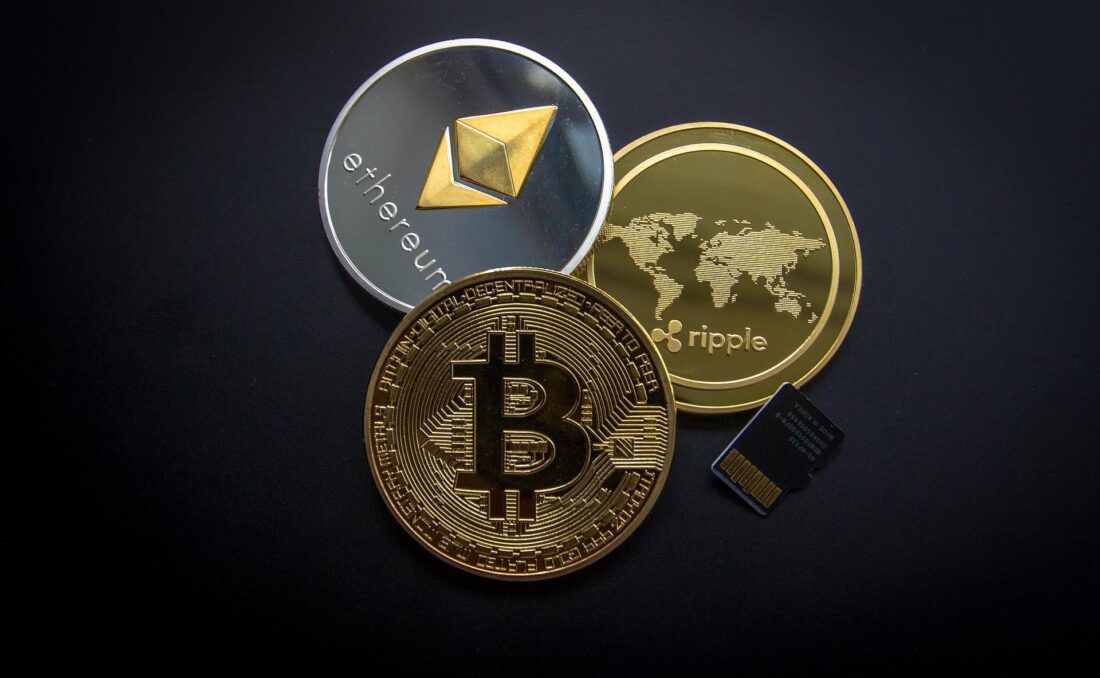How to spot and protect yourselves from cryptocurrency scams

Cryptocurrency is a trendy issue these days. These cryptocurrencies let us execute lightning-fast wire transfers, build decentralized applications, securely and efficiently encrypt information, and, most importantly, present us with a new means to develop our wealth.
While the bitcoin mania has provided many benefits, it has also led to several cryptocurrency scams. This new digital, decentralized money frontier might be a minefield for unskilled investors. Sadly, many bad actors are aware of this and seek to take advantage of individuals just starting in the complicated world of cryptocurrencies.
How to spot crypto scams
Cryptocurrency has aroused interest as a novel method of investment. But here’s the thing: con artists take advantage of people’s ignorance about crypto investments and how they work. Furthermore, the younger generation is losing a significant amount of money by investing in crypto without prior knowledge.
While recognizing a crypto scam is essential, learning about scam recovery companies is even more critical. These organizations have professionals in these disciplines who can assist you in cryptocurrency scam recovery. First, they investigate the issue on behalf of their clients and acquire the required information and documents to file the case. Later they confront the con artists to reclaim the money for their clients.
The following are some methods to spot crypto scams:
- Huge Profits: This is a simple approach to recognize fraud if the investment scam promises vast returns and high revenues in a short period. This is a straightforward method of deceiving unwary victims. No one can promise huge profits because no one can predict the market.
- Double Crypto: Scammers routinely hack into social media accounts of celebs and offer to send approximately twice the amount of cryptocurrency you pay if you send them one crypto. This is undoubtedly a scam. Do not fall for such a ruse.
- Heavy Marketing: Another method crypto scammers uses is to heavily sell and promote their crypto coins, such as full-page newspaper adverts, online banners, etc. A real cryptocurrency coin will not do so, as it will place its bets on real growth.
- Price surge: If a coin that wasn’t known to many just yesterday suddenly seems to have a price surge, it’s a tell-tale sign of a scam.
- ICOs: Fraudsters collect money from investors to create a new coin via International Coin Offering (ICO). Once they have accumulated a substantial amount,, they flee away with their cash touting fake reasons such as “the coin failed.”
- About us: They should have their papers organized and not replicated; they should include a “contact us” section; and disclose their headquarters, among other things. The whitepaper has all of the information on the coin; the “contact us” section allows you to contact them if you want any help, and their offices are listed as being in the country you live in and not overseas. Also, look them up on the Commodity Futures Trading Commission (CFTC) website once to ensure their genuineness.
Protecting yourself from cryptocurrency scams
- If the broker wants you to pay a fee upfront before investing in crypto, decline the offer.
- Never give away your personal information or credit card numbers to anyone over the phone or email. Just don’t distribute them because they could lead to a scam.
- While clicking on a link, always verify the URL. The fraudsters change the URLs of the websites to make minor adjustments, such as converting 0 to O and I to 1.
- Check the website URL as well throughout the payment process. It should be “HTTPS” instead of “HTTP.” The latter is a phony link that will immediately put the money into the scammer’s account.
- There are a lot of fake trading applications out there that appear precisely like the real ones. Never, ever, ever fall for a con like this. The actual logo and the app’s bogus logo frequently differ slightly. Take a look at it.
- Analyze and research the prospective possibility before investing.It’s probably a red flag if there are not many investors and just a few to benefit.
- Scammers also employ phishing emails that appear official correspondence from a reputable cryptocurrency site or exchange to deceive users. Such emails usually feature attractive offers and incentives to tempt users. Take note if you are being sent to a website you did not intend to visit. Furthermore, don’t click on any links in your email that you don’t want to.
- You should broaden your horizons even if you are secure in your ability. Spreading your money across several’ shares,’ such as stocks, real estate, gold, fixed deposits, and cryptocurrencies, is good.
Conclusion
Cryptocurrency’s popularity and its associated frauds go hand in hand. Therefore, being aware of these emerging frauds is the most straightforward strategy to protect yourself. First, learn everything you can about the numerous scams that are now active. As a result, you’ll be able to recognize them more quickly when they appear in new forms. Also, while dealing with or investing in cryptocurrencies, proceed with utmost caution.
It’s also critical to keep your cryptocurrency accounts secure. Increase your security processes, such as safe passwords and virus protection, as with other financial information. Keep your crypto in a safe wallet and multiple copies of the keys in places where you can get to them fast.
FOLLOW US ON FACEBOOK
RECENT POSTS
TAGS
About The Memory Hole
You've reached TheMemoryHole.org! A diverse lifestyle blog with content on a variety of different topics to help you define and live the life you want to live! Thanks for stopping by!
Copyright © The Memory Hole. All rights reserved.








